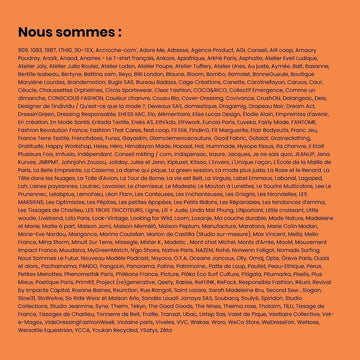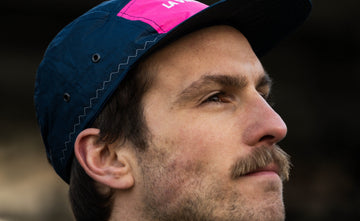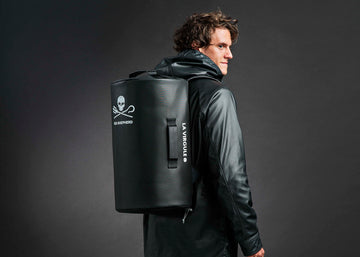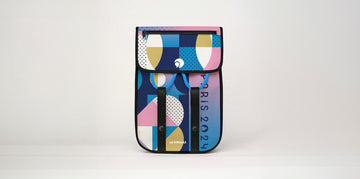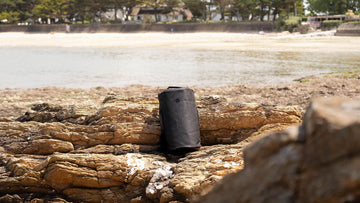A year ago, the En Mode Climat collective was set up with one aim: to change the laws so that fashion reduces its CO2 emissions. At the origin of this movement: Julia Faure, founder of the Loom brand, and 500 other brands including: Picture Organic Clothing, Hopaal, 1083, Asphalte... The premise is simple but alarming: there is a vice premium, a mechanism that pushes people to produce quickly and badly, rather than 'less but better'. What's needed is strong legislation to force them to adopt a more sensible model. Because, yes, fashion has a huge impact on the planet, and on the people who work for this fast-fashion industry. We tell you all about it.
FASHION POLLUTES AND DISRUPTS THE CLIMATE
The textile industry has a disastrous environmental impact, and is one of the industries most responsible for climate change. Scientists say that if the Earth is to remain habitable, the textile industry will have to cut its greenhouse gas emissions threefold by 2050. Climate change aside, fashion is also a major polluter. According to an Oxfam report, 20% of the world's water pollution comes from dyeing our clothes.
FASHION AGGRAVATES SOCIAL DISPARITIES
In 2013, a few kilometres outside Dhaka in Bangladesh, a huge textile factory collapsed, killing more than 1,100 people and injuring at least twice as many. The tragedy at this factory, which produced for all the major fast-fashion players, shone a spotlight on an entire industry where working conditions are deplorable.
While some people have opened their eyes, the majority have not taken up the issue, and the ongoing disaster of the Uighur genocide reminds us that the fight for justice has only just begun.

Source : Oxfam France - L’impact de la mode
THE VICE BONUS
When we produce, we pollute, it's as simple as that. There are solutions to reduce pollution, but they come at a cost. On the other hand, companies that don't make an effort don't have to bear these costs, and that's what we're criticising and what we want to change.
When you produce locally (in Europe), you inevitably pay more. A minimum wage in Bangladesh is €82, compared with €740 in Portugal or €1,539 in France. Obviously, offering a bag made in Europe versus one made in Asia cannot be sold at the same price. But how can you make sense of it as a consumer? And why pay 3 times more for a product with a similar use?
What we are proposing with the En Mode Climat collective is to redress the balance. Encourage responsible production and consumption, produce less but better quality, repair and re-use. We need to tax the polluting companies in the sector and, on the other hand, help the companies that are working in the right direction.
Our grandmothers used to say 'We can't afford to buy cheap', and just as well, neither can the planet. Thank you, Grandma, that's the truest thing we've ever heard.
THINGS TO REMEMBER
By buying a cheap product from a company that only thinks about its profit and loss account, everyone loses out (except the shareholders who will receive their dividends). To change this, En Mode Climat is fighting to change the laws. And if you too want to fight fast fashion, we suggest you take a look at this link. You don't have to be perfect to join the movement, you just have to want to play your part in changing an industry that's out of kilter.
And if you need a new anti-fast-fashion backpack, think of us! But if you don't need it, don't buy it. :) That's what being a better consumer is all about! You can also resell yours, repair it, or give it to someone in need...



